Sustainable Plastics from Plants
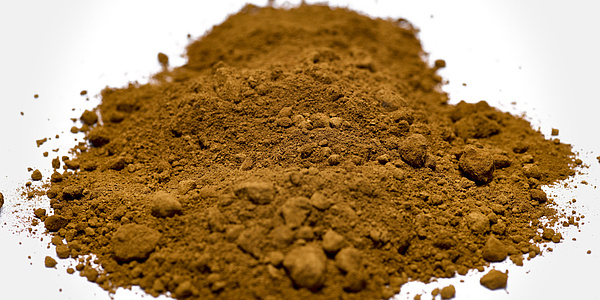
TU Graz is coordinating the European B3PO Doctoral Network, which is developing innovative materials from plant by-products. The EU has supplied funding of EUR 4.3 million for the project.

TU Graz is coordinating the European B3PO Doctoral Network, which is developing innovative materials from plant by-products. The EU has supplied funding of EUR 4.3 million for the project.

In the ERC project HelixMold, a team from TU Graz developed a method for the computer-based design of artificial proteins, with a focus on custom biocatalysts for pharmaceutical applications or the…
One topic, but a multiplicity of angles and perspectives.
Energy storage systems are becoming increasingly important, powerful and widespread. However, this also means that the demands on their safety and durability are growing.

From autumn, students on the master's degree programmes in Production Science and Management at TU Graz and in Industrial Mechanical Engineering in Bolzano will be able to graduate from both…
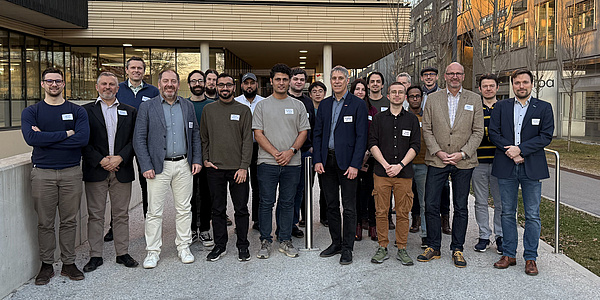
The fundamental research activities of the PERL team aim at pushing the limits of power electronic converters in terms of their switching frequencies. Applications span various industries where small…

From summer term 2025, athletes will benefit from the KADA support programme as well as more flexible study arrangements to help combine studying and competitive sport.
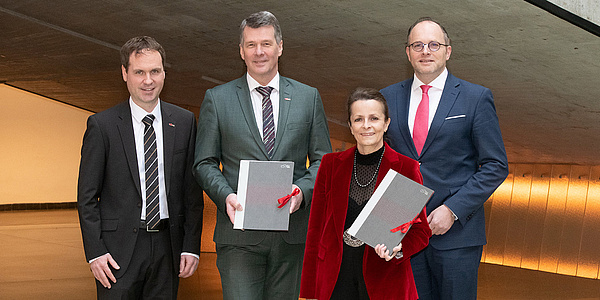
TU Graz and Bundesimmobiliengesellschaft (BIG) lay the foundations for pioneering sustainable construction projects and for a flagship project in the form of an experimental building with…
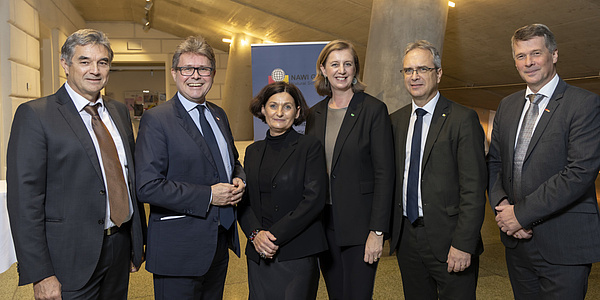
TU Graz and the University of Graz have been working together very successfully in natural science research and teaching since 2004. With groundbreaking projects such as the Graz Center of Physics and…
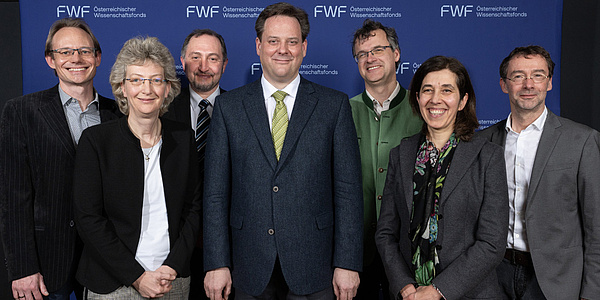
In the collaborative project “Circular Bioengineering”, researchers at five universities are developing methods and processes for producing sustainable bio-based chemicals and materials. The funding…

In contrast to annual plants, perennial wheat offers a more diverse microbiome and has a significantly lower impact on soil and environment – as has just been proven by researchers at TU Graz’s…
Monthly Newsletter about current Researchtopic at Tu Graz. Follow now.
TU Graz | Communications and Marketing
Rechbauerstraße 12, 8010 Graz
+43 316 873 6005
kommunikation@tugraz.at